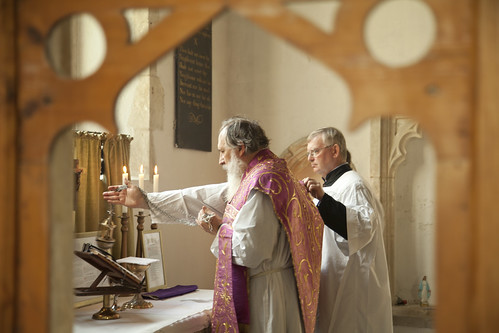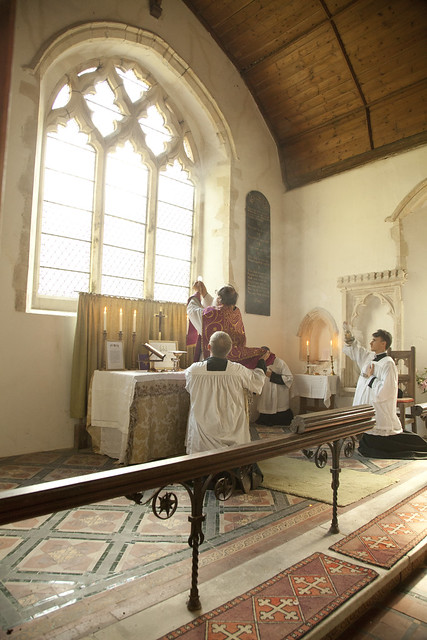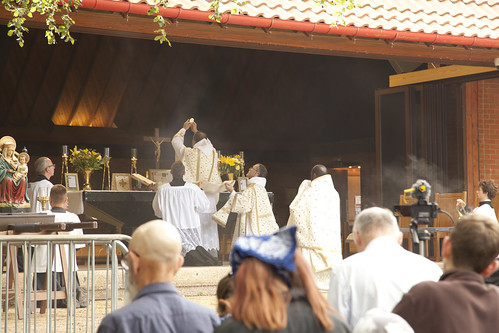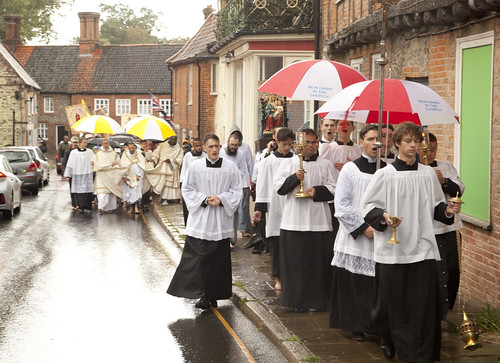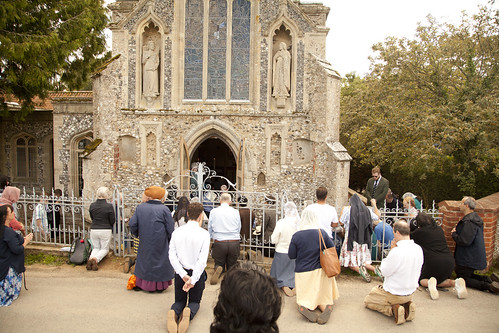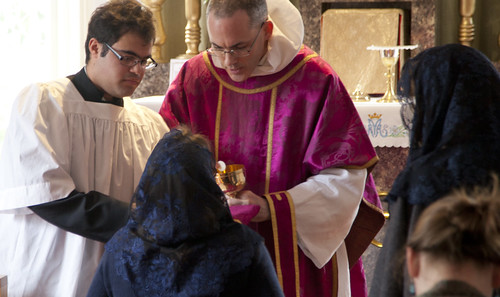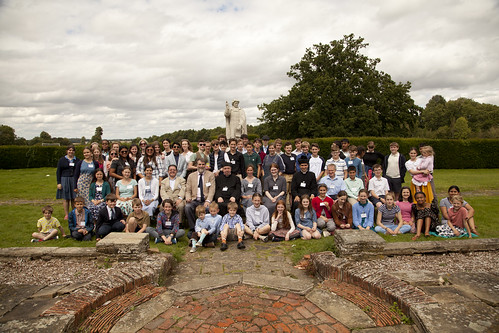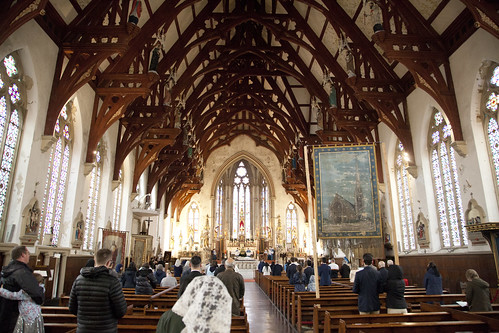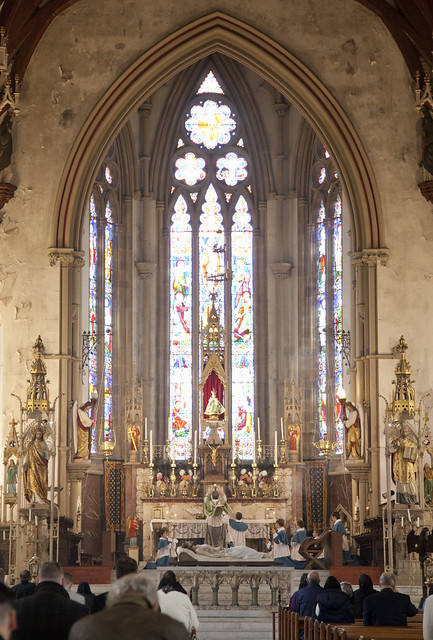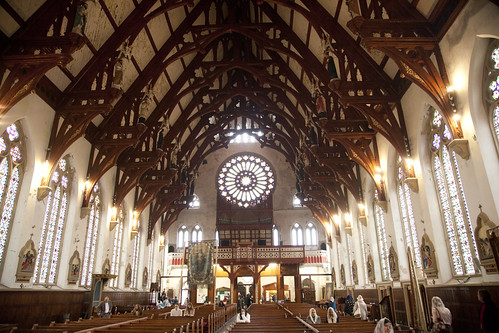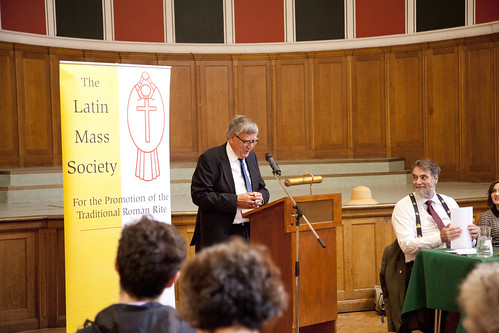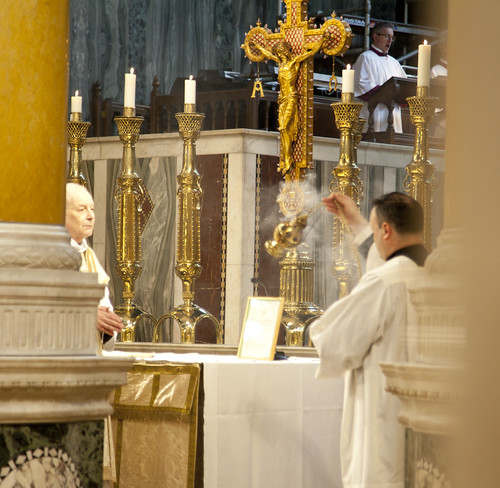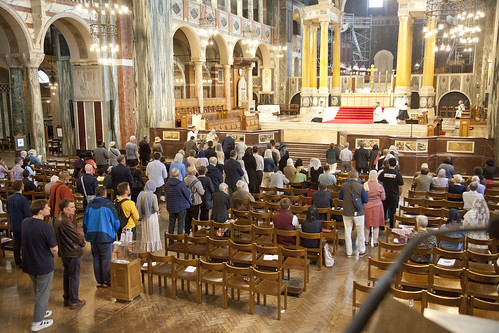Chairman's Blog
Annual Mass in Snave: photos
Mass was celebrated by Fr Gabriel Diaz Patri, and accompanied by the Victoria Consort. The Mass was for the Ember Saturday, and the Consort sang Byrd's Mass for Four Voices and motets.
There is no electricity or piped water at St Augustine's, which was built in the 13th century. I suppose this means there is no chance of electrical fires or burst water pipes, which are among the chief banes of unoccupied buildings.
On Lying, for Catholic Answers
The Catholic tradition takes the Eighth Commandment—“Thou shalt not bear false witness against thy neighbor”—extremely seriously. Strict condemnations of all kinds of lying can be found from the Fathers of the Church, notably St. Augustine (who wrote two short works on the subject), to the Doctors and the modern Magisterium. The act of lying is per se malum: it cannot rightly be done even for a good end.
One reason for this is that lying is contrary to the nature of God, who is Truth. It is of the utmost importance that we can believe what God tells us—both what he reveals about himself and what he promises to those who love and obey him—since this is the basis of the Christian life. God could permit the children of Israel to take others’ property, as when the Israelites conquered Canaan, because he is the primary owner of the whole universe. God could permit Abraham to kill Isaac, because all humans born in original sin owe God a life. But he cannot permit anyone to tell a lie.
Read the whole thing there.
A short film on St Elisabeth Hesselblad: Sweden's 20th century saint
Cross-posted from Rorate Caeli.
This beautiful 30-minute was produced by EWTN's Norwegian branch, EWTN Norge, and is narrated by Dr Clemens Cavellin, a traditional Catholic academic.
Byrd Festival in London
They are being sung by the Latin Mass Society's polyphonic consort, the Southwell Consort, which combines professional singers with singers who have received training but who have not pursued singing as a career. The opportunity to sing these wonderful pieces has been enthusiastically taken up by members of the consort, who are regularly fielding about 20 singers on these occasions.
Walsingham Pilgrimage 2023: photos
 |
| Photo by John Aron |
 |
| Photo by John Aron |
I'm grateful for a charming write-up by Thomas Colsey of the Catholic Herald which can be seen here. Here are some photos.
 |
| Photo by John Aron |
 |
| Photo by John Aron |
Iota Unum talks in London this autumn
They take place in the basement of Our Lady of the Assumption; please enter by the back entrance into the basement: 24 Golden Square, W1F 9JR near Piccadilly Tube Station (click for a map)
Doors open at 6:30pm; the talk will start at 7pm.
There will be a charge of £5 on the door to cover refreshments and other expenses.
20th October (Fri), Fr Thomas Crean OP: Can a Christian be a restorationist?
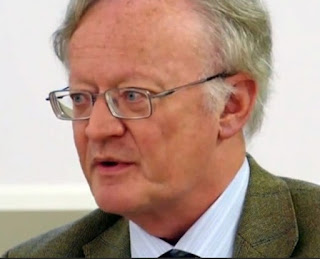 |
| Henry Sire |
Support the Latin Mass Society
On liturgical abuses: for Catholic Answers
 |
| Fr Alan Robinson of Corpus Christi Maiden Lane. Note what he's doing with his fingers: he has to hold forfinger and thumb together from the Consecration to the washing of his fingers after Communion. |
St Catherine's Trust Summer School 2023
St Walburge's, Preston, with the ICKSP
The flaking paint does not diminish the splendour of this church, and the confidence of successive Bishops of Lancaster in the Institute to revive it: it so happens that the current bishop, Patrick Swarbrick, was once a parish priest at St Walburge's and in that capacity invited Canon William Hudson ICKSP to celebrate Mass there twenty years ago. It was only some time after that initial contact that the Institute was given the church, in 2014, by Bishop Patrick Campbell.
Although both the holiday season and during a torrential downpour (don't the two go together?) there was a good-sized congregation. The scale of the church is clearly not going to be inappropriate to the size of the apostolate in the longer term.
LMS AGM 2023: photos
Missa Cantata was celebrated for us by Fr John Scott and accompanied by men of the Cathedral Choir, with chant and polyphony.



